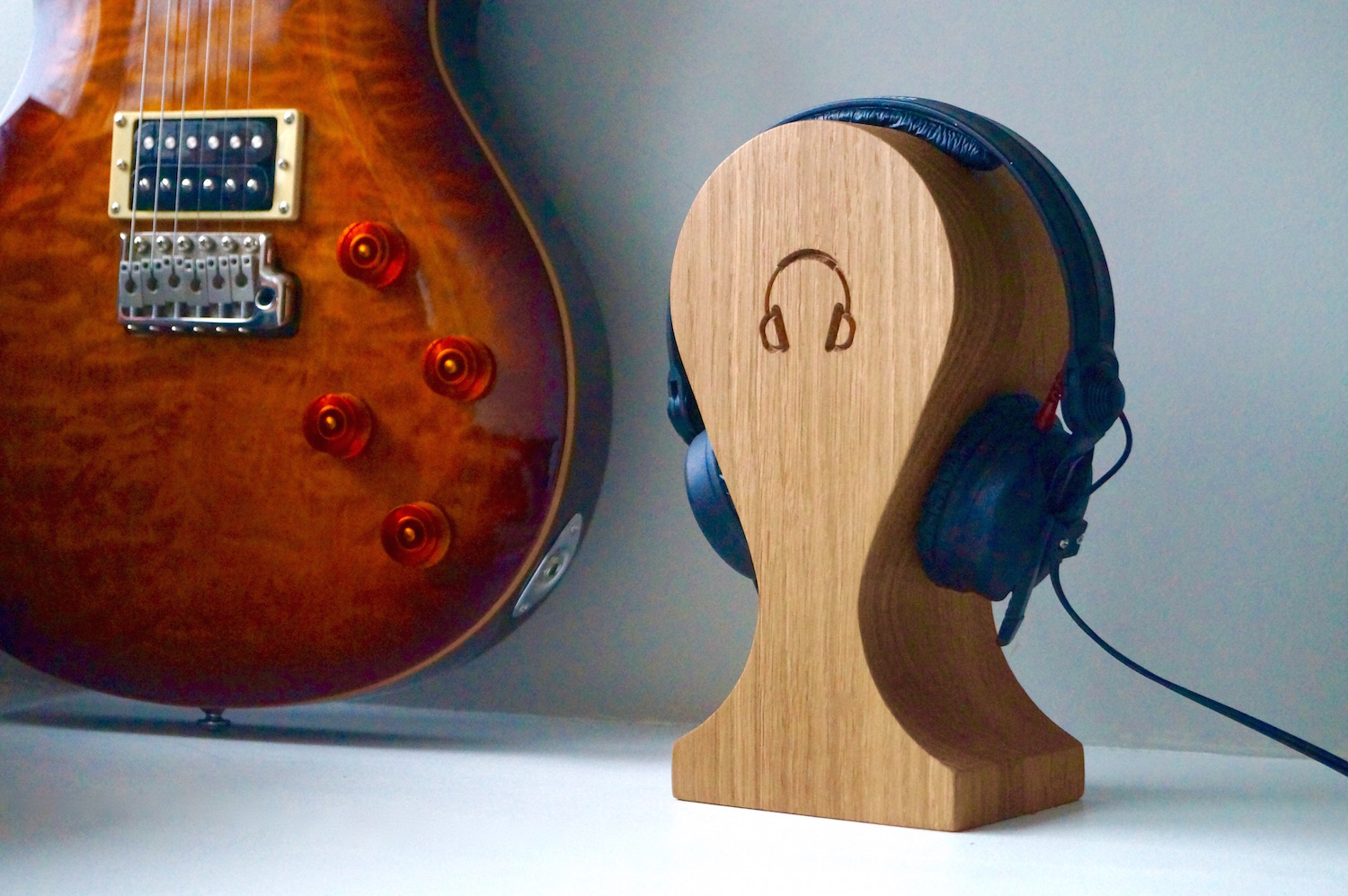In conclusion, the history of garden design in Britain is a testament to the enduring power of nature and the human desire to create beauty and order in the world around us. From the formal gardens of the Tudor baby Announcement era to the wild landscapes of the Romantic period, the evolution of garden design in the UK has been shaped by a diverse range of influences and continues to inspire and delight us to this day.1. Air purification: Houseplants can help remove toxins from the air, such as formaldehyde, benzene, and trichloroethylene. Plants absorb these harmful chemicals through their leaves and convert them into oxygen through photosynthesis.Houseplants have become increasingly popular in recent years, with many people recognising the numerous benefits they bring to both our homes and our well-being. From improving air quality to boosting mental health, the humble houseplant is a simple yet effective way to add a touch of nature to our indoor spaces.When selecting a tropical houseplant for your home, it’s important to consider the specific conditions of your space. Different plants have different light, temperature, and humidity requirements, so it’s essential to choose a plant that will thrive in your environment.4. Snake Plant: Also known as mother-in-law’s tongue, the snake plant is a hardy, low-maintenance plant that thrives in bright, indirect light. Its upright, sword-like leaves make it a striking addition to any indoor space.Tropical houseplants not only beautify our living spaces but also provide a range of health benefits. Studies have shown that indoor plants can improve air quality by reducing toxins and pollutants, such as formaldehyde and benzene. Tropical houseplants are particularly effective at purifying the air, thanks to their large surface area and efficient photosynthesis process.In conclusion, houseplants are a wonderful addition to any home in the UK, providing beauty, health benefits, and a sense of well-being. By choosing the right plants for your space, caring for them properly, and reaping the benefits of their presence, you can create a lush, green oasis indoors. So go ahead, indulge your green thumb and bring the beauty of nature into your home with houseplants.It’s also important to consider the size of the plant and how much space you have available. Some tropical houseplants can grow very large over time, so make sure to choose a plant that will fit comfortably in your home.5. Repotting: As your houseplants grow, they may outgrow their pots and need to be repotted. Look for signs like roots coming out of the drainage holes or the plant becoming root-bound. When repotting, choose a slightly larger pot with good drainage and fresh potting soil.1. Light: Most tropical houseplants prefer bright, indirect light. Place your plants near a window where they can receive filtered sunlight throughout the day. Avoid placing plants in direct sunlight, as this can cause their leaves to burn.To ensure your houseplants thrive and remain healthy, it’s important to provide them with the right conditions and care. This includes watering them regularly, but not overwatering, as this can lead to root rot and other issues. It’s also important to provide your plants with the right amount of sunlight, humidity and temperature, as well as regular feeding with a balanced plant food to promote growth and flowering. Regularly inspect your plants for any signs of pests or disease, and take appropriate action to treat and prevent any issues that arise.Lastly, consider the size of your space and the amount of care you are willing to put into your plants. Some houseplants require more maintenance than others, so it’s important to choose plants that fit your lifestyle and space constraints. If you have a busy schedule or tend to forget to water your plants, opt for low-maintenance varieties like succulents or snake plants.6. Repotting: Over time, tropical houseplants may outgrow their pots and become root-bound. When this happens, it’s important to repot your plants into a larger container with fresh, well-draining soil. Repotting can help to prevent root rot and give your plants room to grow.3. Humidity: Tropical houseplants thrive in a humid environment. To increase humidity levels around your plants, you can mist them regularly, place a humidifier nearby, or group them together to create a microclimate.When it comes to choosing the right houseplants for your home, there are a few factors to consider. Firstly, think about the amount of natural light available in each room, as this will determine which plants will thrive in your space. Some plants, such as spider plants and peace lilies, prefer bright, indirect light, while others, like snake plants and ZZ plants, can tolerate lower light conditions. It’s also important to consider the humidity levels in your home, as some plants, such as ferns and orchids, thrive in more humid environments.4. Increased productivity: Having plants in your workspace has been shown to increase productivity and creativity. Plants can help create a more relaxed and inviting environment, leading to better focus and motivation.